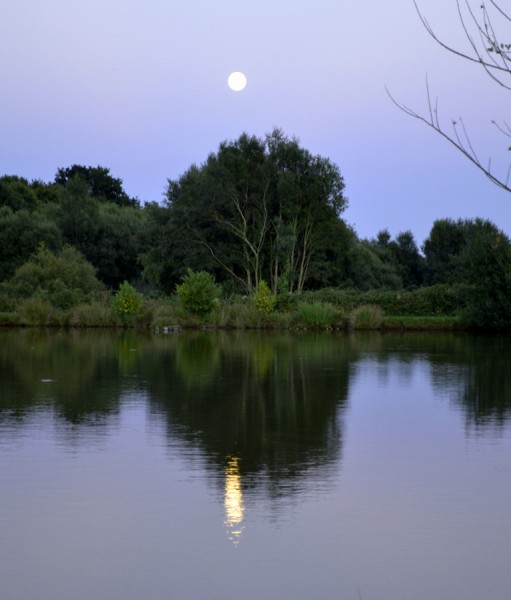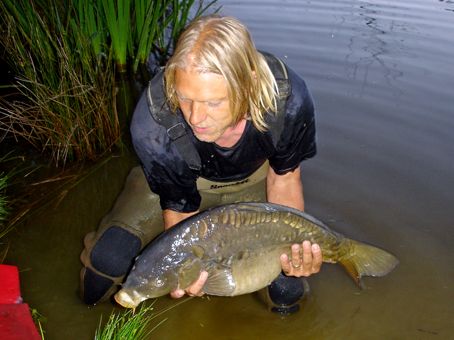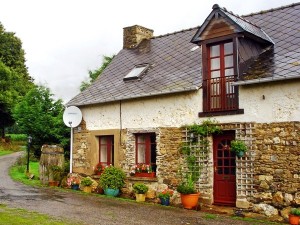We’ve resurrected this post from a couple of years back, there’s some really wise advice in this short list of tips. Written by Lee Johnston, owner of the beautiful Glehias.

Glehias
1. Information, Information, Information. Always speak to the Lake owner and find out as much as you can before your visit. Email or phone as many questions as you need to prepare yourself the best you can. The Angling Lines forum can often be a good source of info and is a great place to ask questions for every one to see; you can be sure, if it‘s of interest to you, it’ll be of interest to somebody else too.
2. Choosing Productive Spots. Ask the lake owner on arrival where the fish have been coming from recently, and anything else you can think of that you may have forgotten to ask beforehand; don’t hold back – ask lots of questions. Lake owners’ may not be absolute angling experts, but they should certainly be the expert on their own lakes!
3. Time Well Spent. Even armed with all the information you could think of before your visit, and having had a lengthy chat with the owner on arrival, if you can, it’s still a good idea to take the time to walk around the lake and take in what’s going on in there before chucking out any rods. Prepare your self properly early on; check reels, lines, knots, rigs, alarms etc as this can be the difference between a fish on the bank or a fish lost. It’s not a race; the first rod in wont necessarily hook the first fish out. Making sure you know where every thing is, especially at night, will make life so much easier, and quieter than maybe shouting to your sleeping mate “Where’s the landing net?!?”, as lots of noise on the bank wont do you any favours.
4. Early Baiting. One of the worst things to do is pile the bait in by the ton from the word go. While you may attract some fish quickly by doing this, it can have adverse effects a day or two later as the fish fill up and soon slow up feeding, especially on pressured waters. Another factor with heavy baiting is many of the bigger, more wary fish, may shy away from huge mounds of bait on the bottom. You’d be much better off starting out fairly lightly and building up if you need to.

Lee re-stocking Glehias back in 2009
5. Bait Clever. If you plan to use three rods, possibly bait a fourth spot regularly, but lightly, as back up. Gigantic baits don’t guarantee that you will catch gigantic fish. In my personal experience, bigger fish have nearly always come on smaller or nibbled down baits of between 10-20mm with any bigger baits being largely ignored. Being prepared to fish through a few smaller fish (possibly upper teens or lower twenties) is often a good way to get through to the real big lumps.
6. Group Competition. If your party has booked a lake exclusively it may be fun to compete with each other, but if one angler is piling the bait in heavily then often the other anglers in the party will feel obliged to follow suit. This isn’t necessarily the best way to get the most out of a smaller lake, again the fish will soon fill up and feeding will slow down. If the whole group feed sensibly, little and often, this should help to keep the fish coming steadily throughout the week. Try to have a group plan and stick to it.
7. Bait Choice. Most lakes do sell their own baits and they will usually be the one that out fishes most other baits, as the fish will see this as their staple diet. However, we always suggest you bring a kilo or two of your own regular brand for your own confidence, or to possibly try in combination with the flavours sold at the lake, this can some times pay off well.

The accommodation at Glehias
8. Keeping Angling Pressure Low. This is key in getting the best out of any lake which is fished hard. Good quality end tackle and Line is often more important than a super expensive rod and reel; it may be nice to land a big fish on a high quality rod but it’s not this the fish are trying to avoid! Bait boats are unbeatable for getting baits in place with little commotion and will save a lot of re-casting. Backleads will keep lines pinned down and allow fish to move more freely. Try not to be tempted to throw out more rods if things slow up, occasionally it’s actually better to pull a rod out each – less lines, less pressure.
Sometimes, particularly in summer, a lake will slow up fishing during the daytime, this can be a good time to wind some or all of the rods in and give the lake a rest for a few hours. This will allow the fish to feel less pressured and may get a few more moving around onto less productive spots during their feeding hours.
9. Don’t Limit your Options. Make sure you bring a good selection of leads, rigs, hooks etc and be prepared to change presentation if need be. For example, we see weeks where most fish are caught on pop-ups and some anglers in a party don’t bring any. Conversely, try not to bring mountains of gear you know you are never going to use!
10. Creature Comforts. This is so often over looked, and may mean you will be cold at night or have wet feet. Make sure you have water proof clothing (and bivvie!) good quality sleeping bags and a change of footwear. There’s nothing worse than being cold and/or damp all week, you will soon lose focus on the job in hand!
Bon Pêche
Lee, La Glehias

Comments